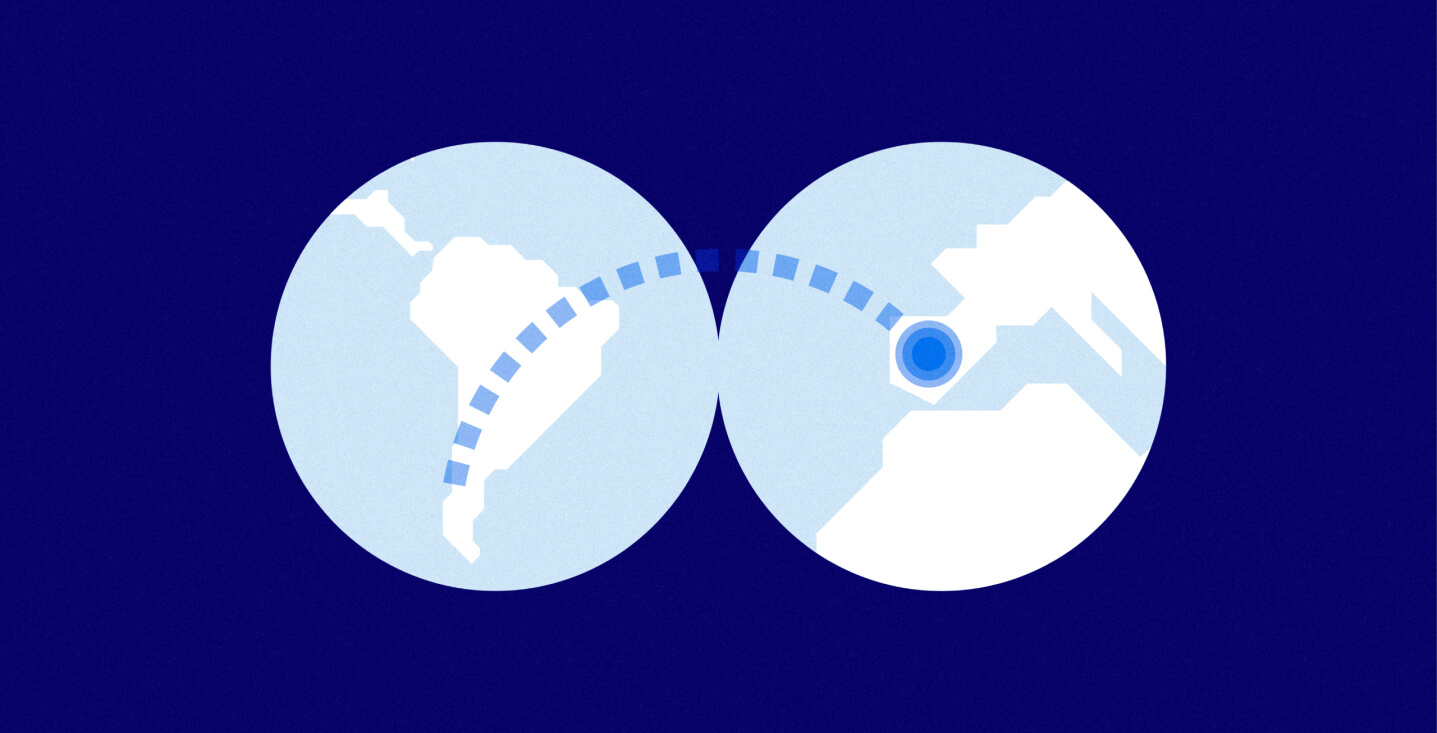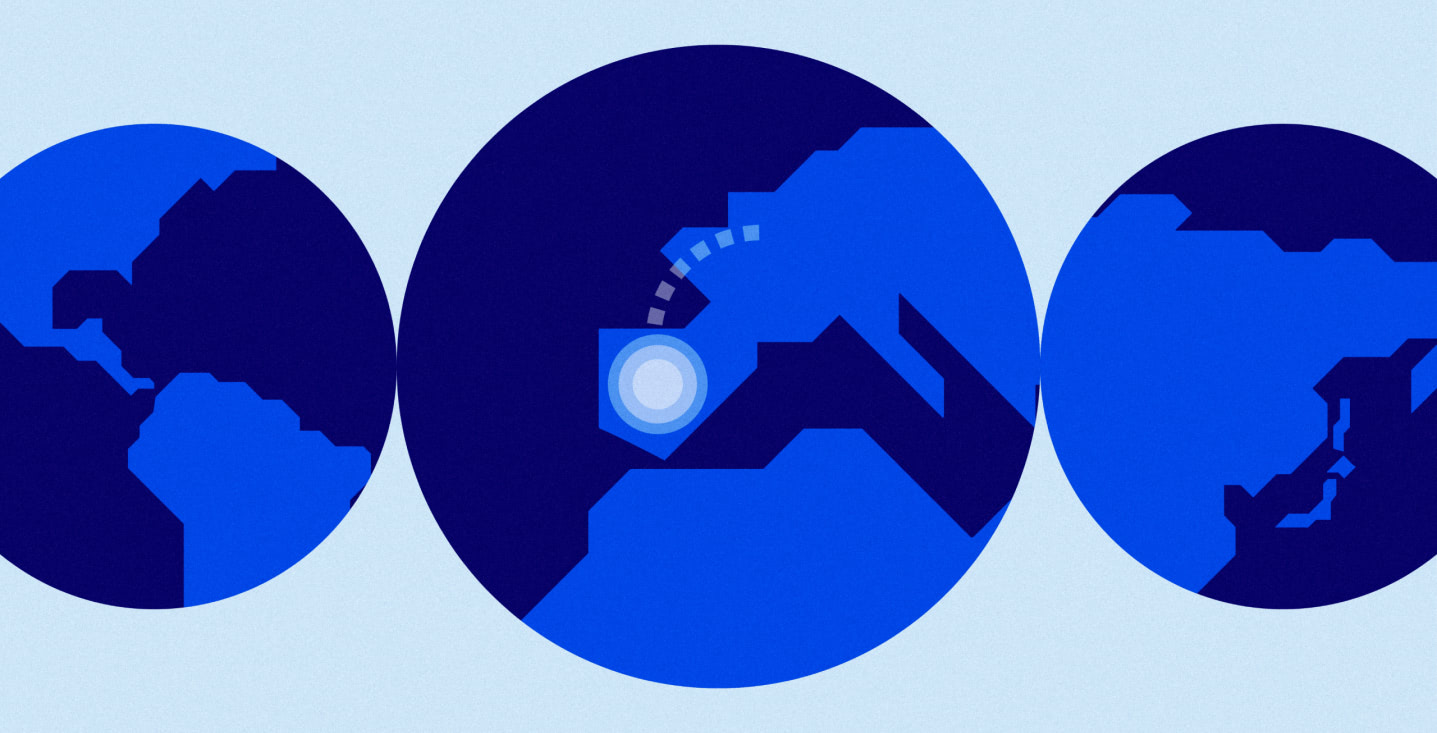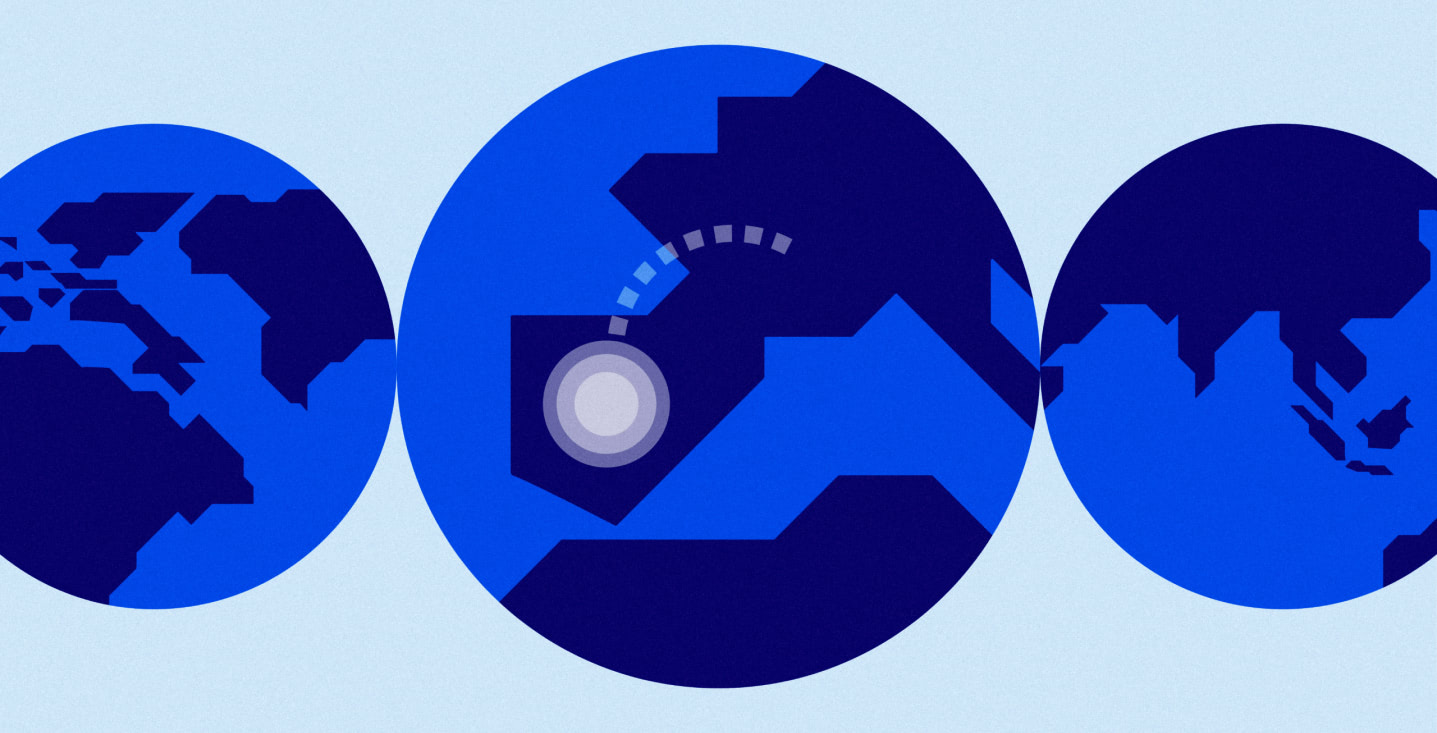28/09/2021
What does it mean to be a marketer today? And more importantly, who is hiring them? Rewire Mag Marketing & Communications Editor, Raine Lester, recently sat down to chat with Fabiola Morales Sevillano about her experience as the Senior Associate Director of Marketing & Communications in the IE Talent & Careers department. Drawing from her international experience and targeted expertise, Fabiola graced us with insider insights on the current industry trends and communications job market.
Right off the bat, what are the most significant ways that the marketing and communications job market has changed over the last five years?
When it comes to marketing and communications, each candidate has two main paths: working with an agency or a corporate company. Both of these verticals work symbiotically, and each track has changed and grown considerably in recent years. I think the most significant change internally has been a massive push toward consumer-centricity at all levels. So, candidates looking to re-enter the job market after their master’s should be aware of that.

Quickly and effectively assessing global trends, new technologies and promptly shifting consumer behavior is the benchmark of a marketer’s role, on both sides.
That said, some key differences emerge between the two paths. The brand side is always trying to understand their specific consumer—how the consumer behaves, what the consumer wants, how the consumer buys, etc. These elements have changed considerably with the introduction of new technologies and global consumer trends. What keeps a brand relevant is constant research and consumer insight.
These are also essential factors on the agency side, but consultants must be acutely aware of new communication channels and consumer exposure, too. These channels are constantly shifting, and a multichannel approach is often necessary. It’s both a challenge and opportunity for MarComs professionals, since they affect consumer preference and behavior.
And, of course, we have to consider our current global situation.
Definitely. The global pandemic has dramatically affected the consumer, affecting how companies interact with them through marketing and sales. Logically, the first to recover will be the corporate side, as companies are motivated to understand their consumers’ mindset, buying position, and behavior to adjust campaigns accordingly.
The agency side relies on this recovery. Once the brand side determines its internal strategy, agencies can work in partnership to help execute it through new channels. That’s not to say that there aren’t still lots of opportunities on the agency side, but it requires consumer understanding on the brand side first to get back to normal.
As MarComs advisor for the Talent & Careers department, do you see students typically land jobs after graduating from an IE University marketing program?
Of course, the sorts of positions available to a candidate directly corresponds to their experience and profile. At Talent & Careers, we help people find the right internships, graduate roles, or professional positions for the place they’re at in their career, while assisting them in learning about growth opportunities and prospects. In terms of functions, there are so many different kinds of positions available. LinkedIn Talent Insights is an excellent tool for us to learn about which roles are in demand and tailor a candidate’s search.
Off the top of my head, I see the most in-demand functions in the areas of brand management, creative marketing, customer experience, market research, digital marketing, and user experience. The list goes on.

Another great practice is to pay close attention to the promoted job posts on LinkedIn. Typically, these are the roles that companies need to be filled more quickly, or that have not been easy to fill. Here you might see what companies are actively looking for and what sort of roles they promote more frequently, as well as the skills necessary.
What do you think is the biggest misconception about MarComs as a career?
Many see marketing and communications exclusively from the creative side—as an output function of cool, creative campaigns or content. In reality, the insight gathered from quantitative and qualitative research on different markets is critical for determining the future of business in general. A great deal of analysis goes into each creative decision, even though the consumer may only see the final result.
That’s why IE University provides so many diverse master’s programs. We want to promote the overall research process in marketing, and to help those who want to specialize in particular skills and are pursuing a more niche career.
How does the Talent & Careers department prepare and facilitate students in finding the right career path?
We have three main pillars: education, company connection, and individual advising. Right from the start of Term 1, we provide basic information and support to help our students gather insight on how to land the career they want post-graduation. We do this through CV workshops, interview skills, insight into assessment centers, the whole shebang.
Another considerable value to our department is our regular contact with different companies to gather insight about company cultures and what they’re looking for in more depth.
Lastly, we provide advising with a general and a targeted advisor to help guide you through the process. Really, as soon as a candidate has a (more or less) clear idea of what sort of company or industry they’re interested in, we can help them narrow it down. Are there specific skills, like Google Analytics, needed for a particular role? Then we can set up extracurricular course work to help students flesh out their application. The sooner the candidate knows the direction they want to head, the easier it is for us to help them build their skills accordingly and find the best possible opportunity.








